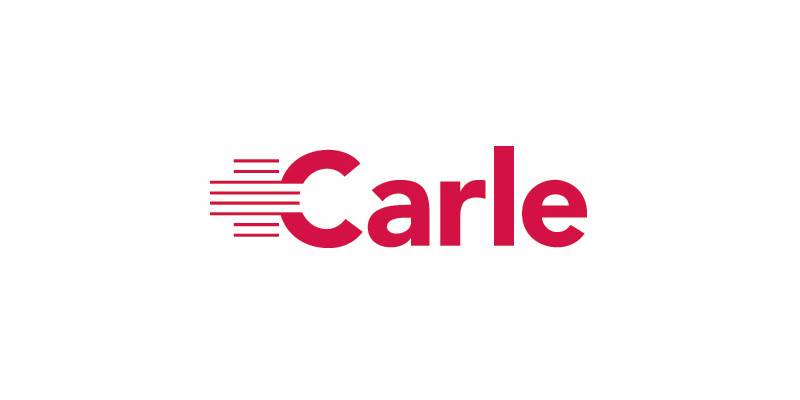This article marks the final installment in a four-part series cataloging Carle Hospital, and what it does, both good and bad, for the Champaign-Urbana community. View parts one, two and three here.
In order to maintain its status as a nonprofit, Carle Foundation must undertake activities leading to the promotion of health. These may be described in two broad categories: community service and charity care. Its performance as a non-profit is determined by its financial contribution in these two areas.
Community service includes such activities as health fairs, education about health risks, health screening and basic research.
Charity care includes emergency room services, access to physicians and inpatient hospital care for all members of the community without regard to their ability to pay. Their contributions in these areas are funded in part by Carle’s Financial Assistance Program.
As a concrete example, consider a family of four with an annual income less than $48,600 and a hospital charge of $58,202.36 for hip surgery. In this case, the discount would be 100% and the patient would pay nothing. However, Carle would receive credit for this entire charge towards its financial commitment to charity care notwithstanding the magnitude of the bill. If this same family was making less than $72,900 per year it would be responsible for one-half the bill. For those unable to pay the required amount their balance could be written off, adjusted, or sent to a collection agency.
I had assumed that Carle would receive substantial compensation from the Government for medical services provided to its indigent and underinsured patients. In theory, this is true. In reality, it’s not the case.
For example, Medicaid payments depend on location. A physician friend of mine in Evansville serves patients in three States: Indiana, Kentucky, and Illinois. Both Indiana and Kentucky pay something acceptable to him. His experience with Illinois is “we’ll pay you what we want when we want.” He does not even apply for compensation. The net result as far as Carle is concerned is that it gets a very small credit for its contribution towards charity care from unreimbursed Medicaid charges.
Bottom line: even after considering its sizable contribution to community service and charity care, Carle does have a very significant number of patients with “good” health insurance whose payments dwarf the cost of its activities to promote health. Given this fact, it is not surprising that Carle is one of the most profitable hospitals in the United States.
My personal opinion is that the only way the Foundation could attain this status is by transitioning from a customer-oriented health care provider to an expansive non-profit enterprise more focused on a business model.
Is Carle’s great financial success justifiable? You decide.








